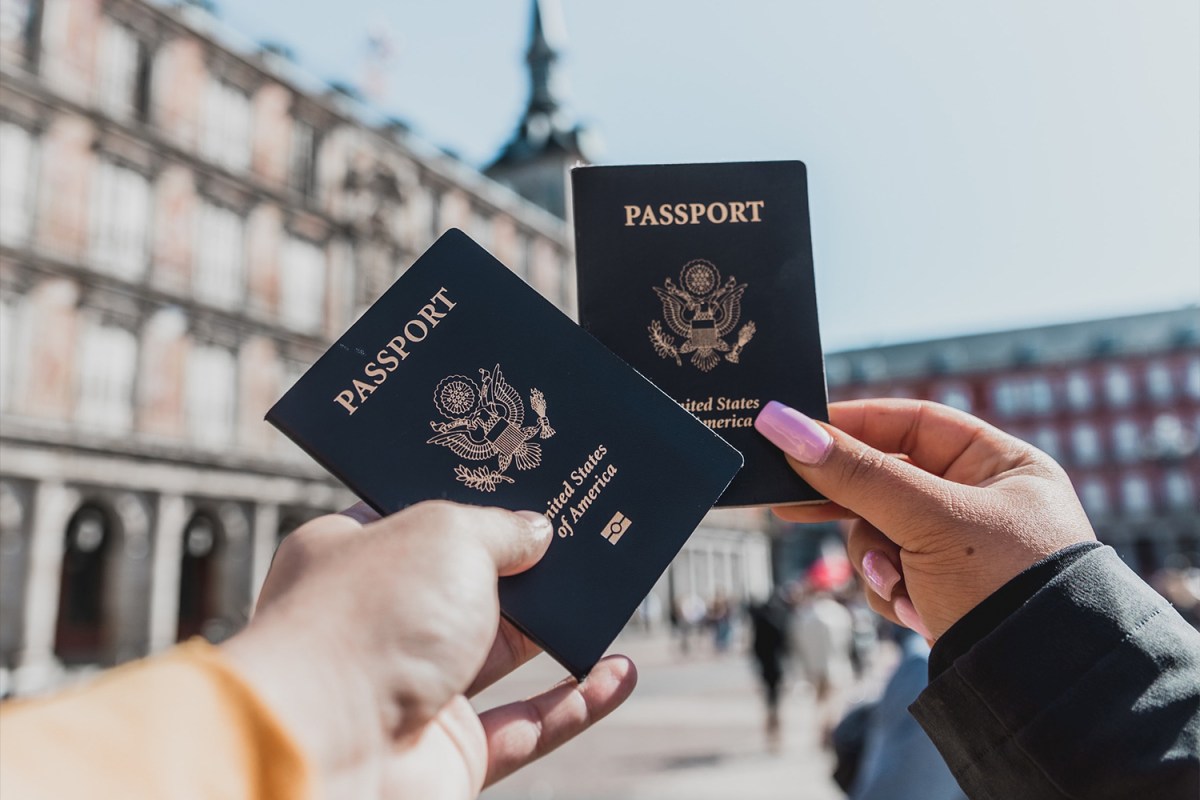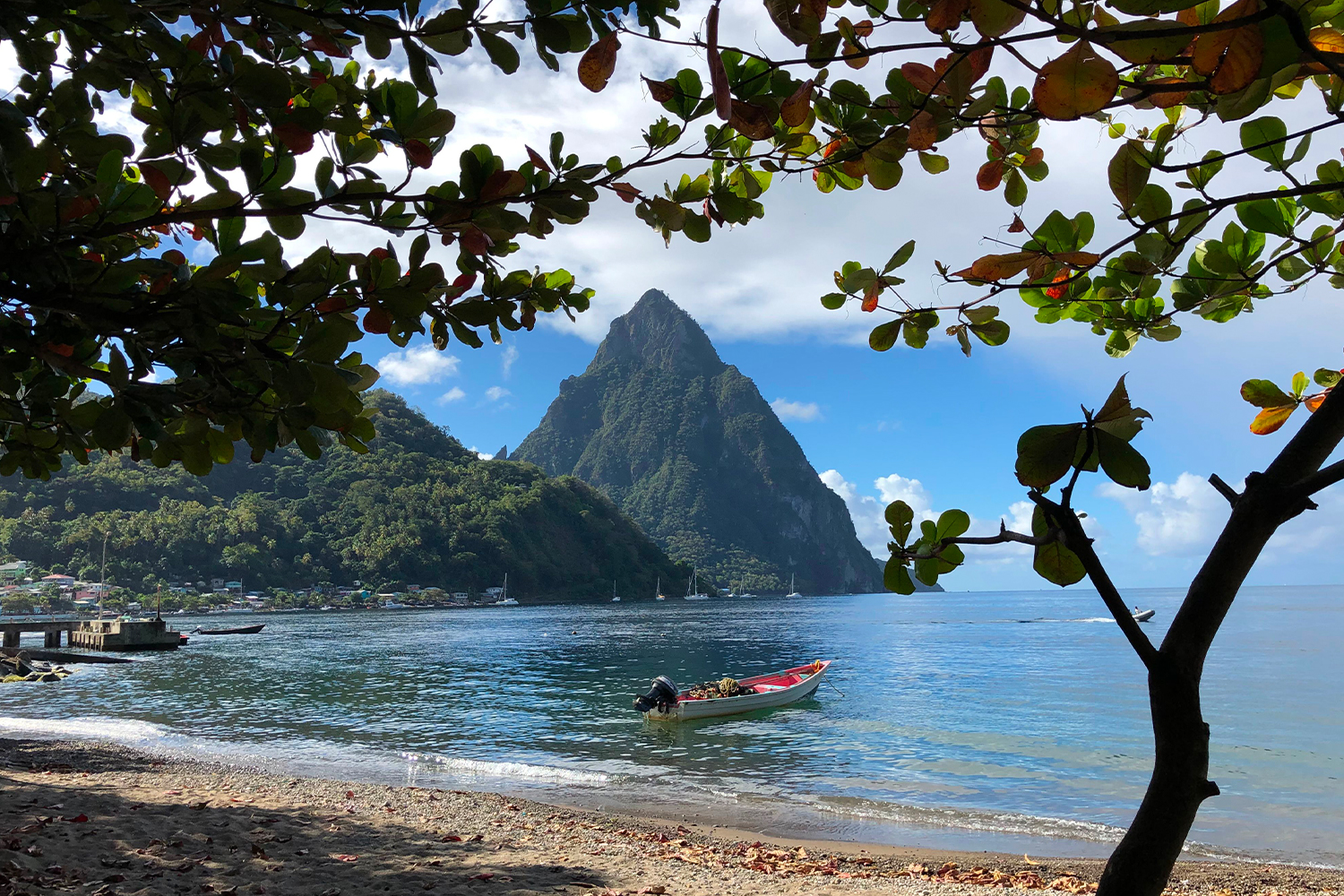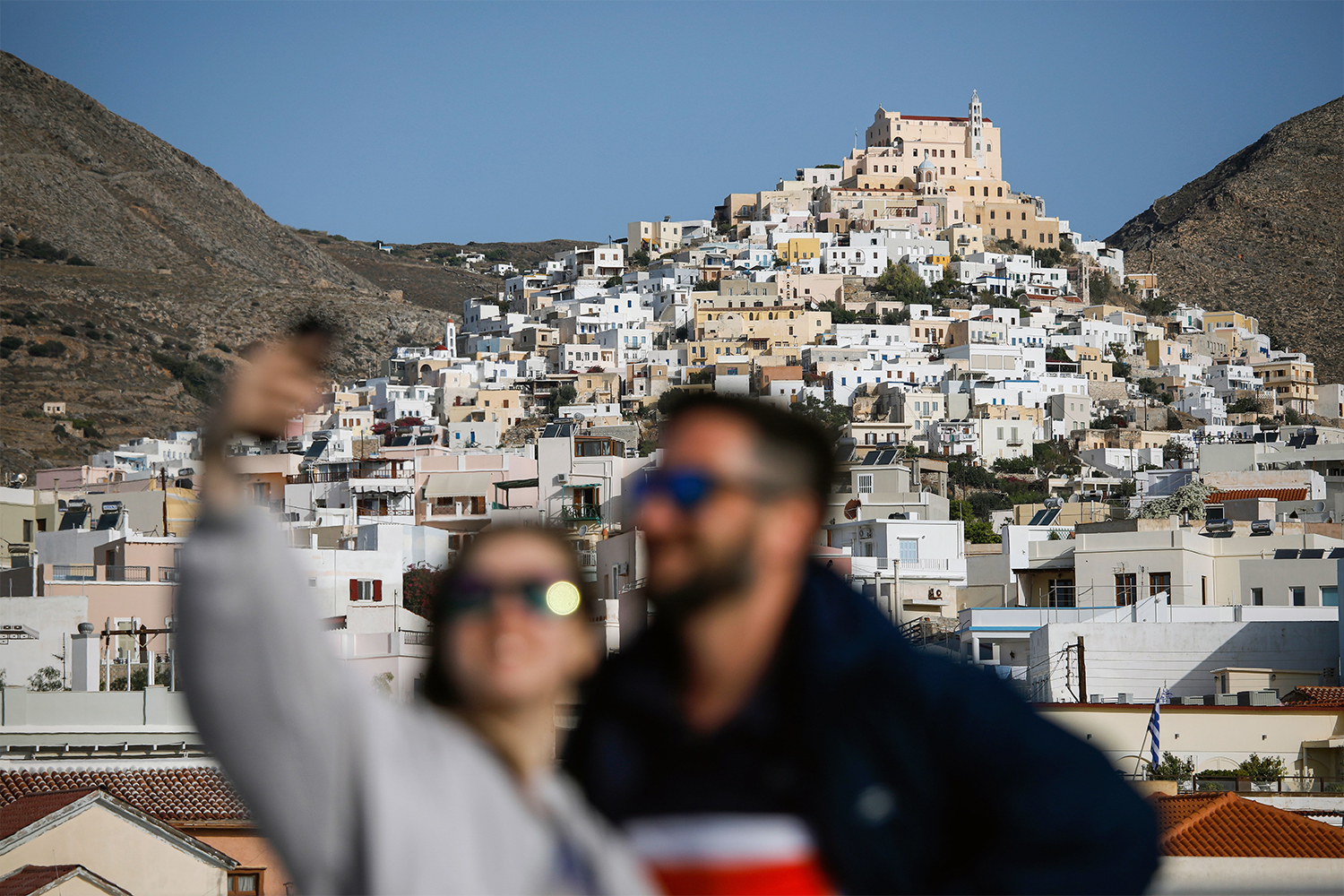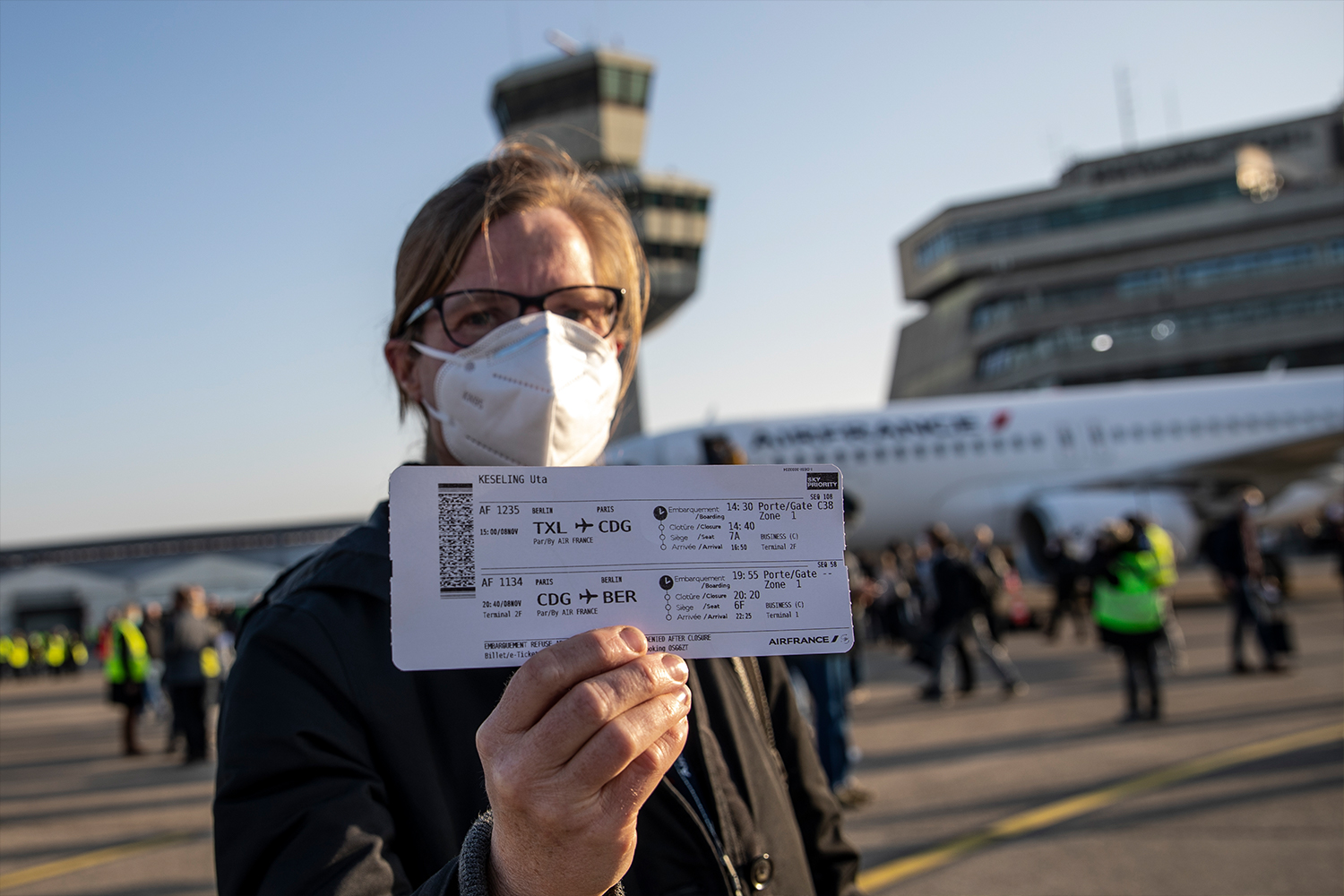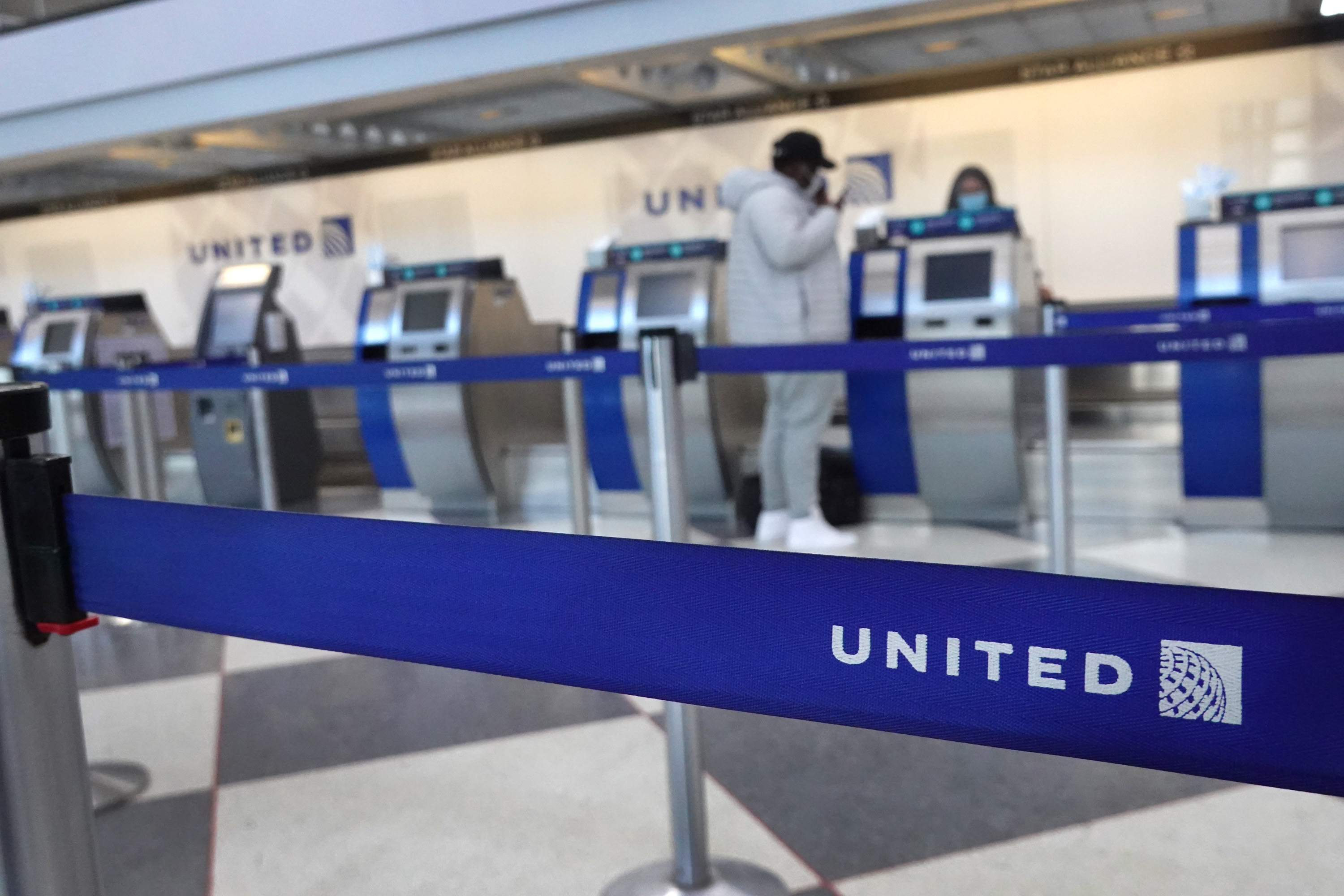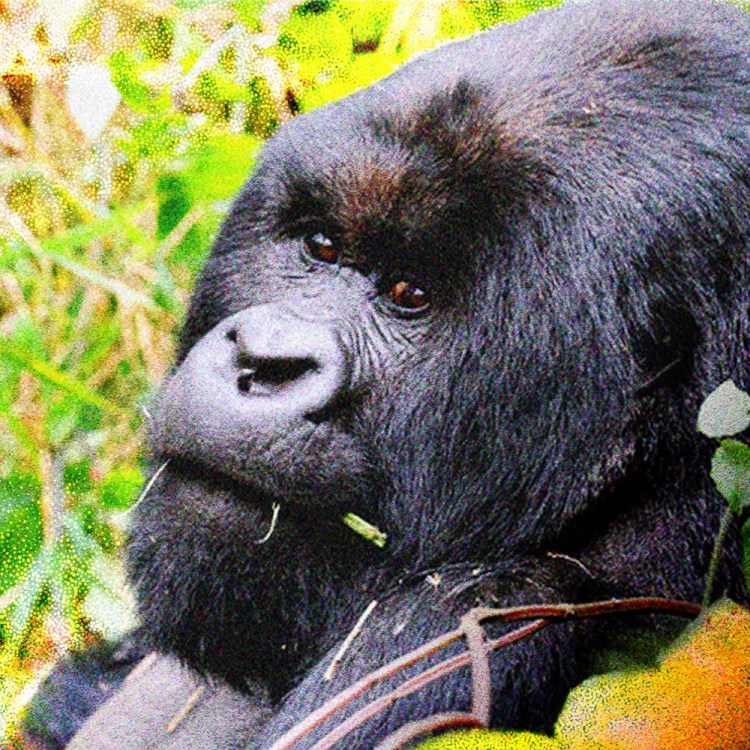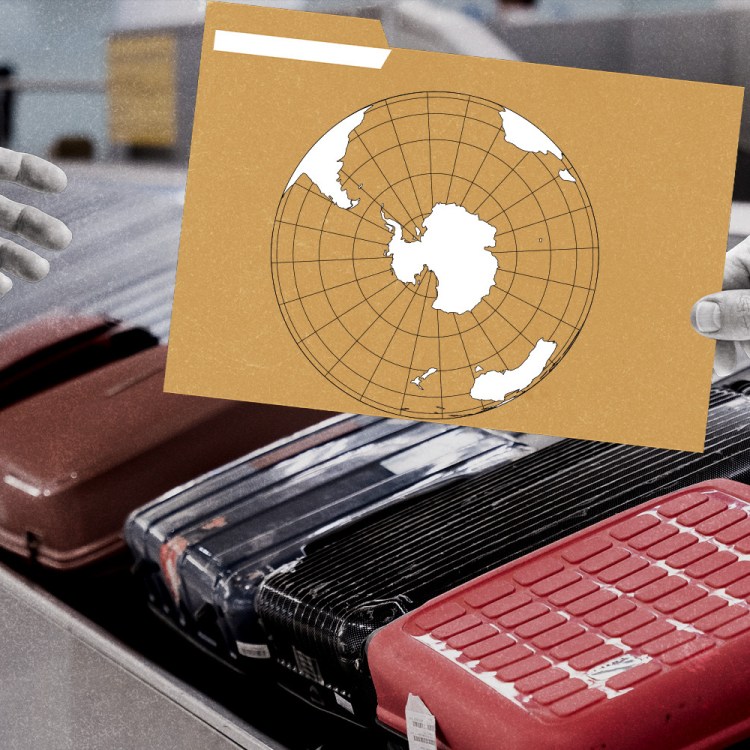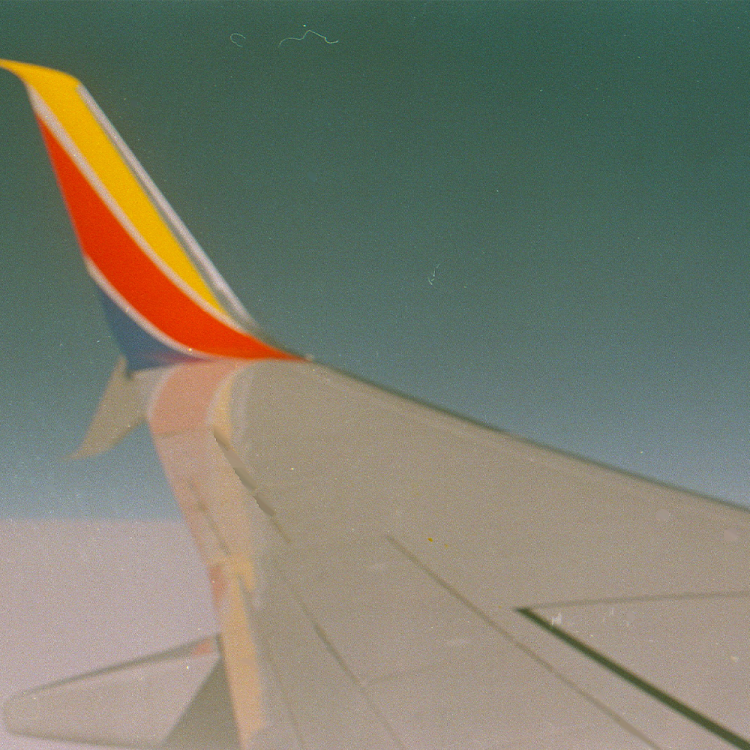We are fast approaching a phase of the pandemic life cycle in which conversations around travel — and namely, whether or not you should — become less and less straightforward. What we’ve seen, and what we now know to be inherently true, is this: if people want to travel, they’re going to travel, virus be damned. And realistically, we’ve probably been here for a while now.
This not is to understate the importance of the continuation of safe and mindful travel protocols; rather, it’s to acknowledge that we’re resolutely here, and it may be time to start asking ourselves a different set of questions. And one of those questions, odd as it may sound, is whether domestic travel is really safer than international travel at this exact moment in time.
We all know someone (or, in some cases, are that someone) who, in the past few months, has hopped on a flight to … somewhere — anywhere — else. Most likely Miami. And it’s become almost palatable: “It’s just Miami.” But that very attitude speaks to an altogether more alarming trend: domestic travel has become all but totally unregulated when it comes to COVID, and the “It’s just Miami” mentality may be a dangerous one.
With few exceptions, most states have done away with previously installed restrictions surrounding travel to and from red territories in favor of less language with far more room for interpretation. “People from out of state are encouraged”; “Californians are asked to”; “The state recommends.” Translation: America now seems to be operating on an honor system.
In stark contrast, foreign countries that have begun opening their borders to Americans have installed fairly onerous barriers to entry. The obvious reason for this is that the economies of many of the countries welcoming non-essential travelers were, prior to the pandemic, reliant on tourism. To risk a tourist-induced second wave at this stage could prove deadly for any one of them — literally and figuratively, considering the rate of vaccine distribution in some of those places.
In St. Lucia, for example, tourism accounts for 65% of the Gross Domestic Product. It is crucial that they begin to attract tourists again, though the pre-entry requirements make planning a trip feel a bit intimidating, even for a seasoned traveler. First, the stay must be booked at a COVID-19-certified hotel or resort where, assuming they are coming from outside the Caribbean travel bubble, travelers will be expected to quarantine for 14 days (likely the entirety of their trip). Following the booking of accommodations, travelers must also fill out a “Travel Authorization Form,” which is then submitted online for approval. Within five days of departure, travelers are expected to be in receipt of a negative PCR test (rapid tests are not accepted), the results of which are also to be submitted in advance. And this is all just the prep work.
At every airport, documentation (Travel Authorization and PCR test results) is checked prior to boarding and, upon arrival to Hewanorra International Airport (UVF) — even before going through customs — travelers are required to fill out a health screening form and submit to temperature checks. Within three days of returning to the U.S., they will need a second negative PCR test. Circumstances under which tourists are granted permission to leave their hotel or resort are few and far between.
Needless to say, it leaves little room for irresponsible travel. It should, however, give island bound-travelers (and more importantly, their hosts) some peace of mind.
And St. Lucia isn’t the exception. In fact, these requirements are shaping up to become the norm where (most) international travel is concerned. Just last week, it was announced that Greece would be opening up for international tourism starting May 14, provided inbound tourists are vaccinated, have proof of antibodies or test negative prior to arrival.
Dr. Peter Schnall, Professor of Medicine Emeritus University of California at Irvine and Director of Healthy Work Campaign, is an epidemiologist and, coincidentally, someone who is still required to fly both domestically and internationally. Just this past week, he flew from LAX to Houston to Bogotá, Colombia.
“The biggest difference between the two: most (but not necessarily all) countries are requiring pre-flight COVID-19 testing. U.S. domestic flights do not,” Schnall tells InsideHook. “So, as a consequence, there will be a higher percentage of COVID-19 carriers on domestic flights.”
“Also, HEPA air filters are de rigueur for international flights,” Schnall continues. “[That’s not as true] for domestic flights, which often have older short haul planes and no modern HEPA filters.”
Shnall goes on to stress the importance of considering the individual airports you’re traveling through.
“I flew through Houston after the governor in Texas relaxed restrictions last week, [and] not everyone in Houston was wearing a mask, nor was their evidence of enforcement. Airports are a very dangerous place for contracting COVID as the virus hangs in the air. You can walk into a viral cloud without warning. Wearing a mask is your biggest protection.”
Now, none of this is to say that international travel is foolproof. Schnall also points out that, given that most international flights are longer than domestic one, the opportunity for people to take their masks off for extended periods of time is, by default, greater. But that doesn’t undermine or override the greater lesson here: when booking your next trip, perhaps pause to weigh the cost-benefit of where it is that you’re going. The more prep work involved, the safer you will likely be. That being the case, all signs seem to point to international travel over domestic — for now.
This article appeared in an InsideHook newsletter. Sign up for free to get more on travel, wellness, style, drinking, and culture.
